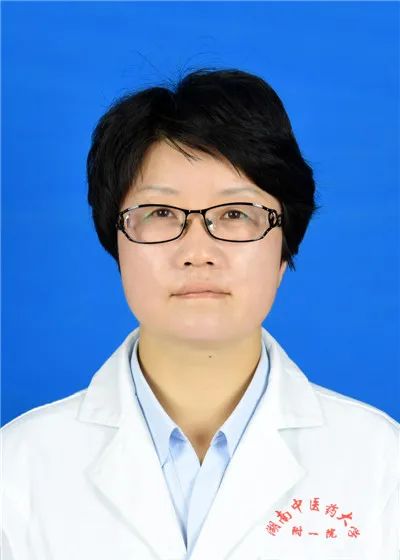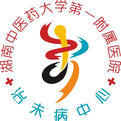Qi Deficiency Constitution Characteristics
The Qi Deficiency constitution is primarily characterized by weakened organ functions, especially in the lungs and spleen. Individuals with Qi deficiency tend to have a relaxed physique, lack of posture, and often exhibit a pale or sallow complexion. They frequently feel fatigued, lethargic, and generally lack energy, often speaking in a weak voice. Their personality tends to be more introverted, with emotions that can be unstable, timid, or averse to taking risks.
Qi Deficiency Diet
Individuals with a Qi Deficiency constitution have a relatively weak spleen and stomach function. In Traditional Chinese Medicine (TCM), the spleen and stomach are considered the foundation of postnatal health and the source of Qi and blood production. Therefore, those with Qi deficiency should pay special attention to dietary nourishment, particularly in protecting the spleen and stomach to promote effective absorption of nutrients. Suitable foods for Qi deficiency individuals include sweet, neutral, or warming foods such as: japonica rice, millet, yam, red dates, and quail eggs.
Qi Deficiency Lifestyle
Individuals with a Qi Deficiency constitution should avoid living in damp environments. It is best to choose a sunny, well-ventilated, dry, and cool living space. Bedrooms should be regularly ventilated, and indoor gardens can be cultivated with flowers and plants to keep the air fresh and regulate humidity, helping to maintain mental clarity and physical comfort.
Qi Deficiency Exercise
Jogging is a low-intensity exercise that is very suitable for individuals with a low energy level due to Qi deficiency. During jogging, it is important for the runner to relax all body muscles and maintain deep, slow, rhythmic abdominal breathing, expanding the abdomen while inhaling and contracting it while exhaling. Long-term adherence to this practice can help replenish Qi and increase endurance, effectively enhancing lung and heart function. Jogging allows for comprehensive exercise of the limbs, promoting blood circulation and Qi flow, which helps improve the Qi deficiency constitution. However, individuals with Qi deficiency may easily exhaust their energy with excessive exercise, so it is advisable to start with short distances or jog every other day. After a period of training, as physical fitness gradually improves, the distance and duration can be increased.

Li Xiaoping Professor, Master’s Supervisor, Director of the Preventive Health Center at the First Affiliated Hospital of Hunan University of Traditional Chinese Medicine, Head of the Regional Preventive Health Diagnosis and Treatment Center of the Hunan Provincial Administration of Traditional Chinese Medicine, Vice Chairman of the Preventive Health Branch of the Chinese Association of Traditional Chinese Medicine, Vice President of the Preventive Health Branch of the Chinese Ethnic Medicine Association, Chairman of the Nutrition and Health Committee of the Hunan Provincial Association of Traditional Chinese Medicine and Western Medicine Integration, President of the Preventive Health Branch of the Hunan Provincial Dietary Therapy Research Association, and Chairman of the Traditional Chinese Medicine Paste Association of the Hunan Health Service Association, among other roles. He advocates for preventive health through exploration and focuses on TCM constitution adjustment, addressing three major pain points of biased constitutions: obesity caused by phlegm-damp and damp-heat constitutions, depression and insomnia caused by Qi stagnation and Yang deficiency constitutions, and fatigue and cold intolerance caused by Qi deficiency and Yang deficiency constitutions. He proposed the “Small Balance Theory of Preventive Health” and advocates for health maintenance with a focus on small adjustments and a balanced approach, emphasizing seasonal and life-cycle health management.In clinical practice, he effectively utilizes various techniques such as classical formulas, medicinal pastes, dietary therapy, external treatments, and psychological methods for comprehensive adjustment; he has created the “Xiaoxiang Brand” series of preventive health products and the “Xiangbang Brand” series of preventive health techniques; he established the “Xiaoping Health” public account and the “Pinghe Constitution” Douyin account, conducting a series of health-promoting activities through TCM popularization. He emphasizes clinical scientific research, leading over 20 research projects, participating in more than 10 research projects, holding 5 invention patents, receiving 3 scientific research achievement awards, and publishing over 50 papers in core journals, including 2 SCI papers, and has edited or contributed to over 10 books.
Outpatient: Preventive Health TCM Constitution Adjustment ClinicTime: All day on Mondays and WednesdaysText Editor: Pan WeiVideo Content Contributors: Li Xiaoping, Xu ZelinVideo Shooting and Editing: Pan WeiProofreading: Cai JialuoReview: Li Xiaoping

